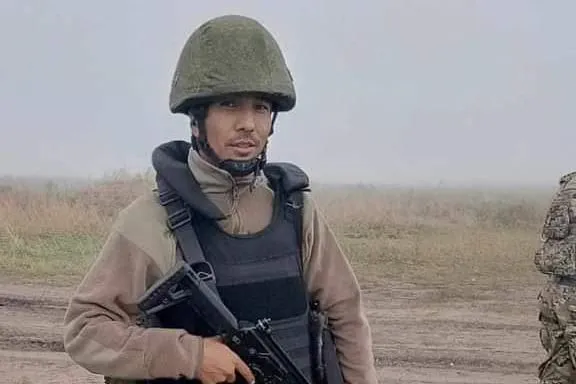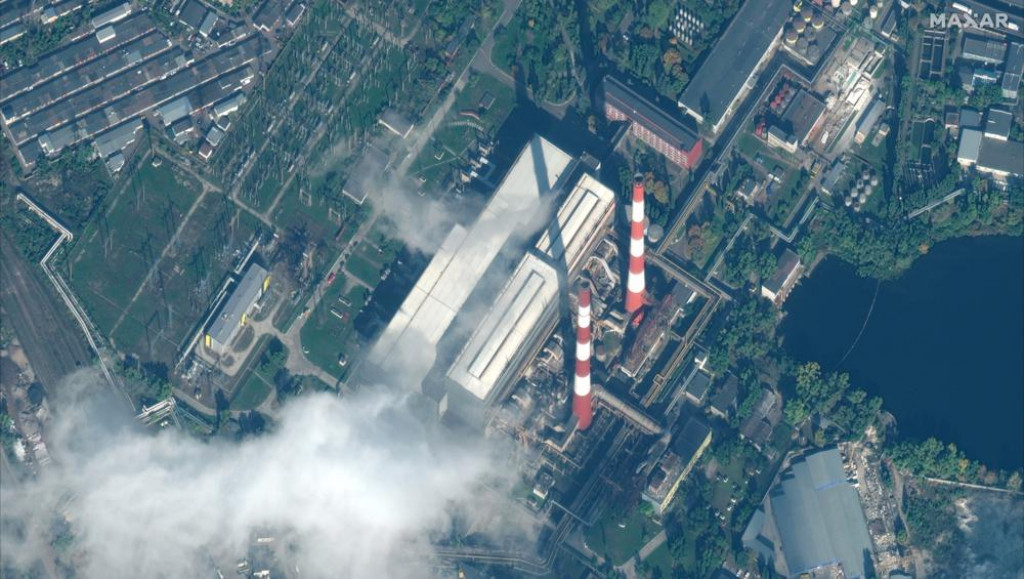
APRIL 6: White House Press Secretary Jen Psaki said the measures will target Russian financial and state-owned bodies, as well as some officials and oligarchs.
Ms Psaki said the move will "hold accountable the Russian kleptocracy that funds and supports Putin's war".
Calls for further sanctions have grown in recent days amid allegations of Russian atrocities in Bucha.
The town's mayor told the BBC on Tuesday night that Russian forces had killed around 320 civilians during their occupation of the town, while the discovery of mass graves has caused outage in western capitals.
Ms Psaki told reporters during a news conference in Washington DC on Tuesday that the sanctions, which are expected to include a ban on all new investment in Russia, will "degrade key instruments of Russian state power, impose acute and immediate economic harm on Russia".
The Wall Street Journal said on Tuesday that the Sberbank, Russia's largest lender, may be among those targeted.
US media has suggested that sanctions could also target the two daughters of Russian President Vladimir Putin, though Ms Psaki refused to comment on the reports.
She added that the sanctions will be announced will be taken in coordination with the EU and other G7 nations.
"In coordination with the G7 and the EU, an additional sweeping package of sanctions measures that will impose costs on Russia to send it further down the road of economic, financial, and technological isolation," Ms Psaki said.
On Tuesday, the European Commission proposed broad new sanctions on Russia, including a potential ban on imports of Russian coal and additional measures targeting state-owned businesses and officials and oligarchs in Moscow.
The proposed ban on Russian coal, which must be agreed by all 27 member states, would mark the first time the EU has blocked imports of Russian energy.
The bloc buys around €4bn (£3.3bn) worth of coal from Moscow every year.
Some member states, including Germany, are heavily reliant on Russian energy and had been reluctant to directly target the sector. But sentiment appeared to change after evidence of Russian war crimes emerged, with French President Emmanuel Macron joining calls for a ban earlier this week.
Member states are also expected to impose a "full transaction ban" on four Russian banks and ban a range of other Russian and Belarus imports, including wood, cement, seafood and liquor, worth €5.5 billion (£4.59bn).
And Ursula von der Leyen, the European Commission president, said she intends to close EU ports to Russian vessels and ban Russian and Belarusian road transport operators from the region.
Ms Von der Leyen accused Russia of "waging a cruel and ruthless war" against Ukrainian civilians and said the EU must "sustain utmost pressure on Putin and the Russian government at this critical point".
But Lithuanian Foreign Minister Gabrielius Landsbergis on Tuesday evening criticized the EU's proposed sanctions package, calling it a "feeble response" which is "an invitation for more atrocities."
"Coal, four banks…a ban on ports and borders (with exceptions) is not really an adequate sanctions package to the massacres that are being uncovered," Vilnius' chief diplomat wrote on Twitter.
Addressing the UN Security Council on Tuesday, Ukrainian President Volodymyr Zelensky accused Russian leaders of committing war crimes in his country and called for them to be brought to justice.
"The Russian military searched for and purposefully killed anyone who served our country," he said. "They killed entire families, adults and children, and they tried to burn the bodies."




1664267848_1200.jpeg)




